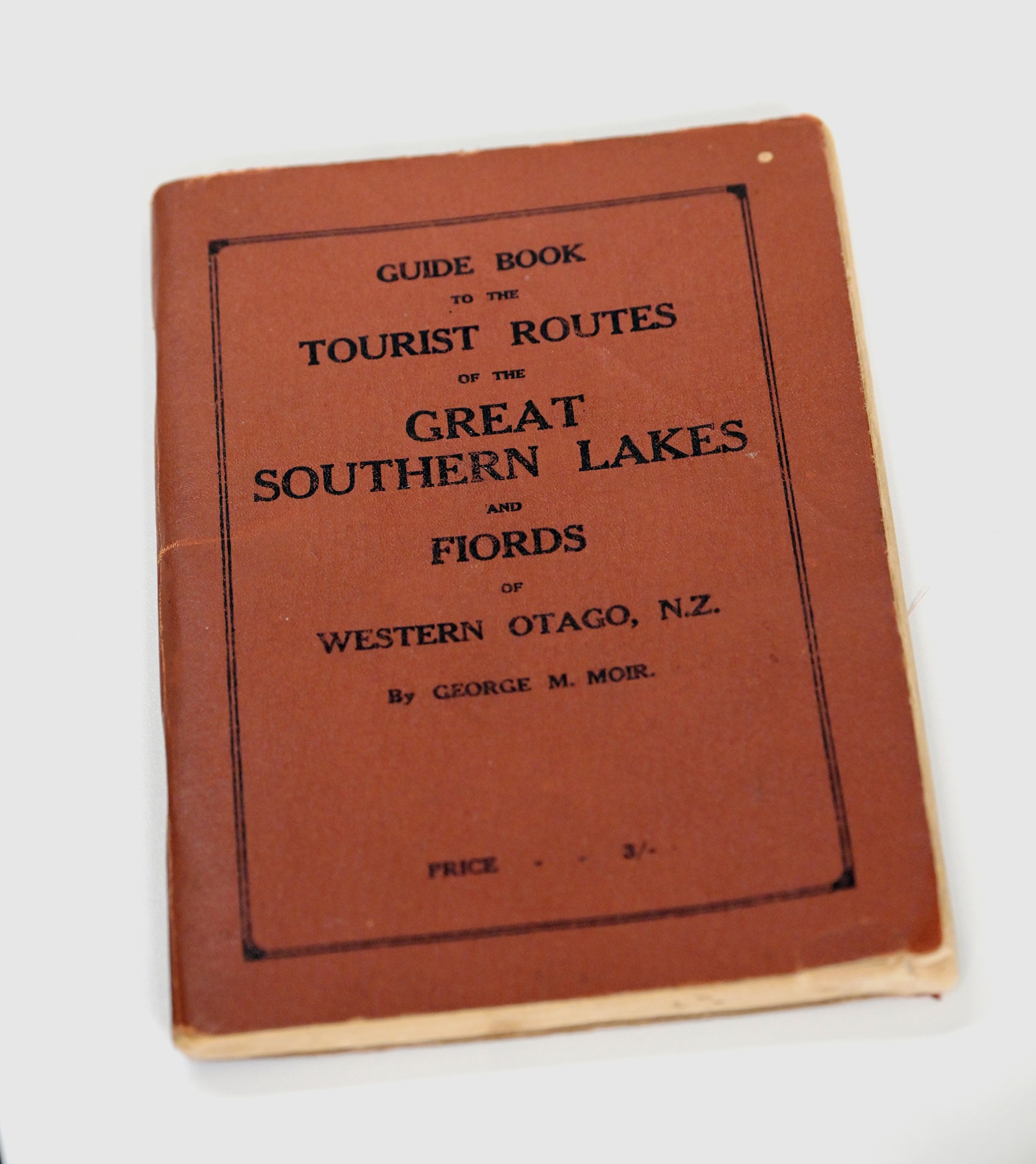
Dr Moir published the first edition of his Guide Book to the Tourist Routes of the Great Southern Lakes and Fiords of Western Otago, NZ in 1925 and his descendants still make an annual trip to his old stomping grounds.
The guide quickly became, and remains, the definitive tramping and transalpine route guide to the Southern Alps from Fiordland to Aoraki-Mt Cook.
Since its publication, the guide has been hailed as the "backcountry bible" of Fiordland.
Alison Paterson, nee Moir, of Dunedin, said it was special to be able to track her lineage back to a man who had such a large impact in his field of choice.
Dr Moir, an agricultural chemist and academic born and raised in Dunedin, was also an active explorer and climber in Fiordland in the 1920s, she said.
That adventurous spirit was still alive and well, and much of the family had been active in tramping, climbing and adventure racing over the years.
"We all enjoy tramping, and one of our cousins’ sons runs the avalanche control on the Milford."
During the 1920s, Mr Moir was part of a team who scaled unclimbed peaks and cut tracks for the government’s Tourist Department.

Over the summers of 1924 and 1925, Mr Moir was part of teams who were the first to reach the peaks of Mt Park and Mt Christina, via the west face.
He also reached the summits of Mts Barrier, Crosscut and Talbot, as well as Students Peak.
At age 30, Dr Moir decided to write a guide to the backcountry.
It was published in 1925 by the Otago Daily Times.
Since then, it has been edited, added to and re-published by a series of authors, through to 2013.
Dr Moir died in 1978, aged 81.
Mrs Paterson said she was proud his legacy had endured for so long, and she hoped it would remain for another 100 years.











